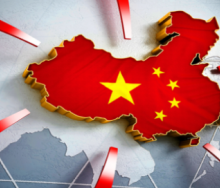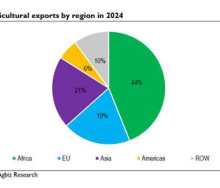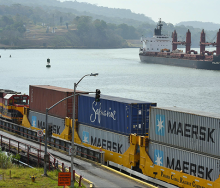Dube TradePort Special Economic Zone (SEZ) has opened a R90-million mini-factory complex development to support emerging exporters and small, medium and micro enterprises (SMMEs) seeking light manufacturing, assembly, and warehousing space in KwaZulu-Natal.
SEZ CEO, Hamish Erskine, said that the entity’s development team had identified an opportunity to enable small and medium-sized enterprises to access the world-class infrastructure and support services available within the SEZ, which has largely been reserved for established businesses. He said start-up firms in particular often struggled to find affordable factory space in a good location.
“Our mini-factory development presents a good opportunity for local entrepreneurs. We believe it will attract a broad range of tenants, especially those that are (aligned) to our strategic Broad-Based Black Economic Empowerment goals," said Erskine.
Located adjacent to the Dube Cargo Terminal at King Shaka International Airport, the factories are strategically positioned to support export-orientated manufacturers as well as those looking for a secure location to supply local and regional markets.
The mini-factory development comprises a total of 18 units, which range from 249.63 square metres to 527.26 sqm in size, and includes manufacturing and assembly warehousing space, a reception area, storeroom, kitchen and toilets, as well as a mezzanine office and open plan areas.
In addition, five dedicated parking bays, as well as one shared paraplegic bay (per two units), are provided and included in the rental cost. The complex also provides for easy truck access, enhanced by dedicated loading/delivery bays, together with a large, shared loading/delivery bay, which is also included in the rental.
"The location of the mini-factories within the Dube TradeZone precinct enables cooperation and upward linkages between SMMEs and established operators within the SEZ – which is located immediately adjacent to the mini-factory complex,” Erskine said.
He added that existing operators included businesses in diverse fields, ranging from the medical and electronics sectors to automotive and logistics firms.
The TradeZone will also be opening 38ha of light industrial land in its second-phase expansion in 2022, which will focus on a range of high-value-adding sectors such as manufacturing, electronics and logistics, as well as a medical and pharmaceutical cluster.













